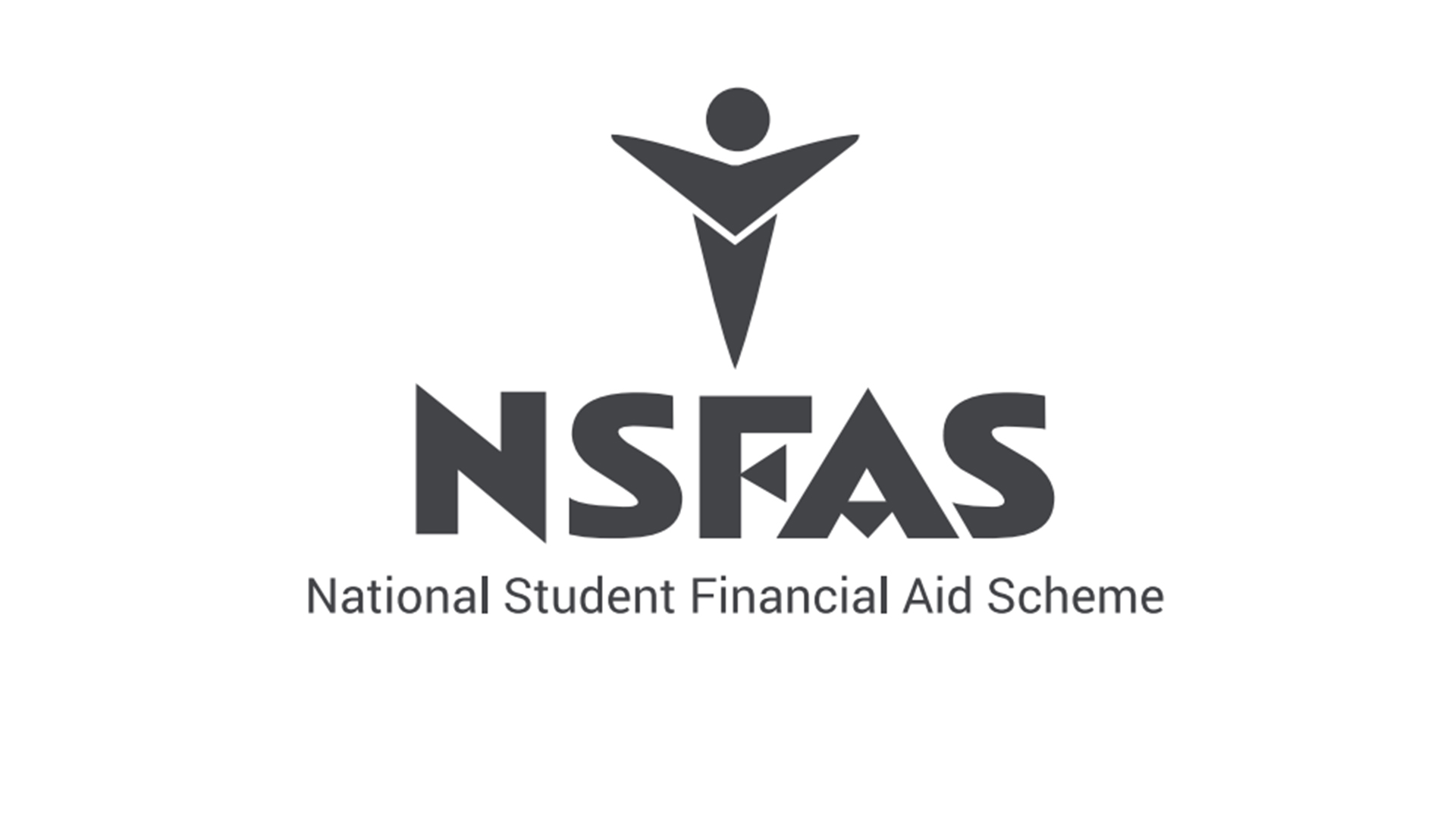- As NSFAS prepares for the 2024 academic year, a new report alleges that the scheme doesn’t have nearly enough beds for its students.
- OUTA reports that of the 397 000 beds NSFAS needs for next year, it only had 25 803 by October.
- Earlier this year a lack of proper accommodation left students living in public places, like libraries and bathrooms.
What a 2023 the National Student Financial Aid Scheme (NSFAS) has had. The year was marked with millions in missing funds, allegations of corruption from NSFAS staffers, allegations of poor due diligence and the disastrous launch of the direct payment system, among other signs of a degrading institution, such as the collapse of its executive team.
Now, as NSFAS prepares to fund more students in the 2024 academic year, the problems continue to pile up.
The latest comes from a report published by the Organisation Undoing Tax Abuse (OUTA), a consumer watchdog that in the past broke allegations that NSFAS executives had rigged a tender process to appoint a group of fintech companies to oversee the scheme’s digital payments to students.
OUTA says its recent findings into NSFAS student accommodation tenders, launched in early December, are cause for “grave concern.” These tenders are for NSFAS to appoint companies or entities that will house NSFAS beneficiaries for 2024.
It is unlikely that NSFAS will have enough student accommodation for next year
According to OUTA, NSFAS announced that it needs 397 000 beds for NSFAS beneficiaries in the 2024 academic year, which begins across the country around January, but by 4th October 2023 the scheme only had 25 803 of the required beds (or 6.5 percent) accredited, according to reports to the Higher Education Portfolio Committee.
“It is highly unlikely that there will be enough beds accredited by the time universities and TVET colleges start in January 2024. This means that thousands of students will kick off the year without accommodation yet again,” says Rudie Heyneke, Investigations Manager of OUTA.
OUTA continues that students faced a similar problem at the start of 2023, as NSFAS’ alleged lack of foresight and preparation left thousands of students without proper accommodation since the scheme caps the accommodation allowance to R45 000 per student per year.
At the start of the 2023 academic year, a similar crisis led to widespread student protests, as thousands of students were left stranded after NSFAS capped student accommodation at R45 000 per student per year.
That means students can only pay around R3 750 per month for a place to live. The result of this, as NSFAS was unable to supply enough accredited accommodation that could work with the scheme and its beneficiaries, was protest action. “Some students resorted to sleeping in public places, libraries, hallways, bathrooms or in makeshift accommodation, also leading to many going to classes on empty stomachs as they had nowhere to cook any meals,” OUTA says.
NSFAS digs its own grave says OUTA
Why is NSFAS having problems finding accredited beds for students? Because of recent changes the scheme made that makes it more difficult for companies to sign up to be NSFAS accommodation, including a new fee of R100 to R200 for these companies to register beds with NSFAS.
If a company wants to register six beds, for example, they must now pay the scheme R600 for registering. NSFAS then deducts a further 5 percent from the rental amount as a “licence fee” for the use of its platform. Of course, this limits the amount of companies that would want to sign up with the scheme to accommodate learners.
NSFAS also lowered the allowance it gives to students for accommodation from R60 000 per year in 2022 making it harder for students to pay for and find their own accommodation.
If its alleged inability to find beds for beneficiaries was not enough, another issue stems from the fact that NSFAS has strict requirements for companies that it “licenses” to provide homes for students, including having an occupational health and safety inspector, building inspector, and proper amenities in the living quarters themselves (one sink, one toilet, enough air circulation, etc.), but – as OUTA points out – a majority of the scheme’s 39 service providers do not meet these requirements.
These accommodation providers “range from debt collectors and an individual who is currently charged with corruption and money laundering, to government employees, politically exposed persons and student accommodation developers who are now also acting as accommodation accreditors. Some of the companies were registered only after the tender was advertised,” OUTA says.
In 2023, NSFAS funded the studies of around 1.1 million students but due to budget cuts hitting tertiary education, around 120 000 less students may receive funding for the 2024 academic year. The scheme is now scrambling to right its wrongs ahead of the start of classes next year.
This includes formulating a new way to pay students, finding a new CEO, figuring out what to do with the four fintech companies it spent a billion Rand onboarding (are they fired or not), and then taking in around a million new students and making sure they receive their allowances on time. Some might say that the task at hand is impossible.

